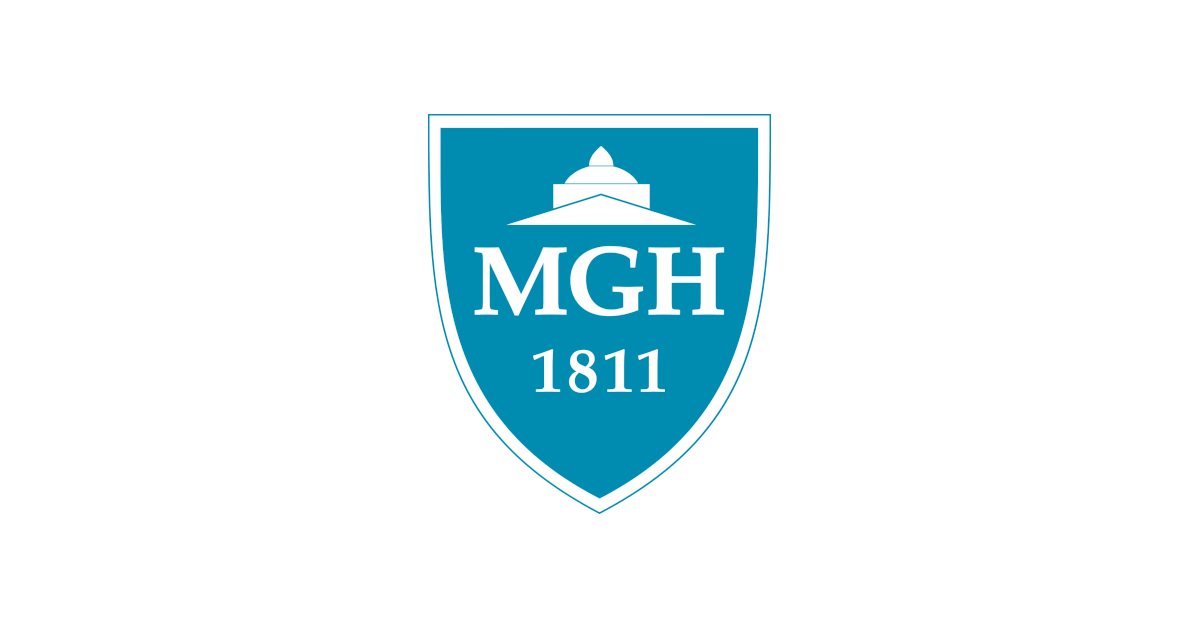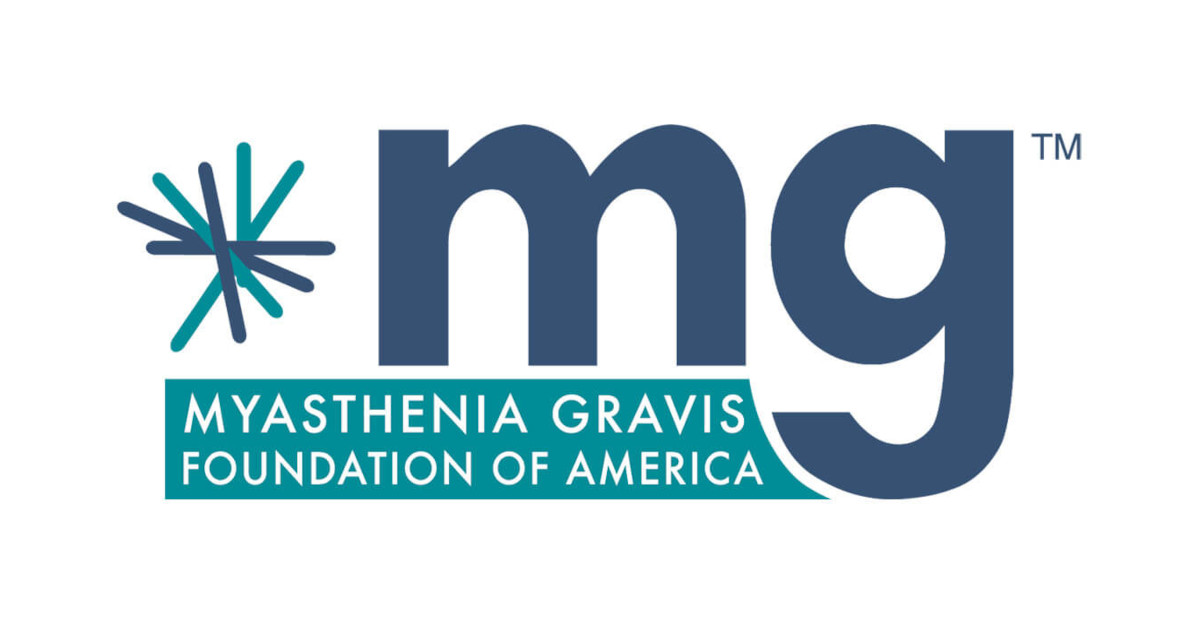Research
Myasthenia gravis
Developing digital health technologies to monitor disease symptoms in myasthenia gravis, including muscle weakness, fatigue, dysarthria, ptosis and double vision.
Myasthenia gravis (MG) is a chronic autoimmune disorder characterized by muscle weakness and fatigue. Other common symptoms of MG include drooping eyelids (ptosis), double vision (diplopia), and difficulty speaking (dysarthria), chewing, or swallowing.
Our research in MG, supported in part by $2.5M of funding from the NIH, is focused on developing a multi-modal digital health technology for monitoring MG symptoms. This includes the use of 1) wearable sensors for monitoring disease symptoms and fatigue during activities of daily living, 2) BioDigit Speech to assess speech dysfunction and dysarthria, and 3) BioDigit Video for measuring dysarthria and diplopia.
Our clinical studies in MG
BioDigit MG
Clinicaltrials.gov ID: NCT06277830
Status: Recruiting
Number of participants: 20
Monitoring period: 7 days
Study product: BioDigit MG, PAMSys
BioDigit MG2
Status: Not yet recruiting
Number of participants: 50
Monitoring period: 12 months
Study products: BioDigit MG, PAMSys, PAMSys ULM
BioDigit MG Solution
BioDigit MG is a multi-modal digital health technology designed for objective, precise and frequent monitoring of symptoms in MG. Developed in collaboration with MG experts and incorporating patient feedback, this technology aims to enhance disease evaluation and management.
BioDigit MG incorporates several BioSensics technologies to provide comprehensive monitoring of MG symptoms through a single device:
MG-related clinical questionnaires, including MG-ADL and MG-QoL15r.
BioDigit Speech for frequent assessment of speech dysfunction and dysarthria
BioDigit Video for frequent assessment of ptosis, double vision and other symptoms
PAMSys and PAMSys ULM wearable sensors for monitoring ambulation, fatigue, and muscle function.
BioDigit MG is currently available in 11 different languages.
Our research partners




Selected Publications and Presentations

Remote monitoring of myasthenia gravis using wearable sensors and digital assessments

